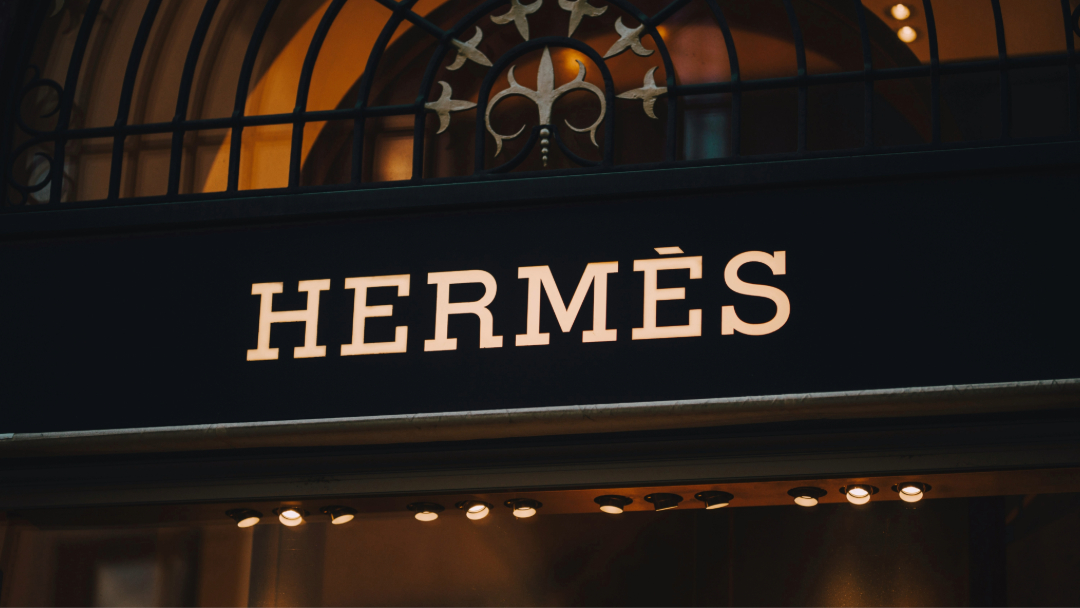Rest-inations, digital dining clubs and guestlist getaways are the new trends reshaping the world of the ultra-high net worth individual, who post-pandemic, have become an increased focus for luxury brands. But there is more than meets the eye to this new age of luxury, because it’s not just about creating a community for the super-wealthy, but also about curating communities for each segment of customer.

Imagine taking a holiday specifically aimed at improving your sleep, complete with water-filled flotations beds, or a three-day programme with a polysomnographic test to diagnose sleep disorders. Or being able to dine at a city’s most sought-after eateries where access is granted only through an NFT subscription. Or better yet, experiencing the pinnacle of “Guilded Luxury,” the guest-list getaway, where luxury brands curate money-can’t buy moments for its Very Important Customers to far-flung destinations, cultural moments and exclusive events.
This is the new age of luxury, one where “Guilded,” doesn’t just mean coating everything in more cost but instead means curating very specific and personalised communities, not just for the super wealthy, but also each different segment of customer, according to The Future Laboratory which recently published a report on this new trend.
The use of the word ‘guilded’, explained Lavinia Fasano, author of the report and foresight analyst at The Future Laboratory, was a deliberate choice and a play on both the words ‘gilded’ and ‘guild’ to reflect the dual nature of where the luxury industry stands right now.
“We wanted to look at the more extravagant, slightly more unapologetic kind of affluence and social signalling that we’ve been seeing emerge out of a prolonged period of stealth wealth and the pandemic. But what we also noticed in our research is how the luxury industry is becoming so well-networked,” she told Luxury Society in an interview.
“Luxury brands are learning how to cater to all different types of groups without diluting their brand value,” she added. “The rise of emerging technologies like digital collectibles and NFTs is allowing for a much more networked luxury sector, that is able to cater to kind of different consumers across the spectrum. And brands have become much more skilled at going beyond purveyors of products to become social organisers. Or spaces for people with shared interests.”
It’s something that the team at QX, the brand experience agency of luxury concierge service Quintessentially, are finding more and more with their clients, that increased focus is placed on individual’s interests and the experience they have, rather than what goods they receive from the brands hosting them.
“When planning business-to-business-to-consumer experiences, we are tasked with planning an experience compiled of high experiential value, not high value gifts,” said Alexandra Wood, Head of QX, UK, Quintessentially. “Experiences which correlate with brand values, and speak to the individuals who those values sing the loudest.”
Recent experiences that the agency have been tasked with creating include organising a 1-1 golf day, with a top player and one of its members, followed by dinner. A culturally immersive travel experience in Mexico and Colombia, and an expedition to Papua New Guinea to find a rare pigeon, said Lucy Telling, Global Head of Lifestyle Services at Quintessentially.
There’s also a move towards more intimate gatherings, where brands can really focus on ensuring a high-level of attention is paid to each individual and the communities that they want to build. Interests, hobbies, and experiences it seems are the new entry points to get in with your communities, it seems. And now, more than ever, it has become increasingly important to tap into pathways in order for your brand to resonate on a deeper level with consumers.
“We have noticed a movement towards smaller grouped-bookings, on experiences where the group size is tailored towards maximising on the fulfilment. In this way, it allows us to be much more targeted in our response to briefs, inevitably achieving better experiential Return-On-Investment,” said Wood.
“Our private audience have shown a revised approach in developing existing hobbies,” she added. “Not just talking about a better tennis coach, but heightened versions of skills they already have developed. Plus asking for exposure or access to leading stakeholders in their field.”
Brands Are Evolving To Become Cultural Compasses
The Ultra-High-Net-Worth relationship management was never something that was managed on such an intricate level before, said Fabrice Gautron, CEO and Founder of Executive Advisory TRinSTY.
“It has taken years for top management teams to implement very specific and extremely experiential moments, just because there were so many other priorities, one of them actually being to create a digitalised efficient and differentiating CRM system.”
“Now what we see a lot of is brand elevation to upper luxury, and very strong brand innovation,” he added. “It’s still about building a relationship, but an even more close one and a true and long-term one, between their Brand Ambassadors and the ultra-high-net-worth clients.”
What this means is that brands are becoming cultural compasses for events and experiences that can’t be had anywhere else, particularly in areas like travel and hospitality. “The luxury industry is continuing to enter the hospitality sector in new ways,” said Fasano.
“This year’s report is very hospitality-centric,” she noted. “We focus a lot on how luxury brands are now becoming cultural compasses and offering concierge services for VIP clients. It’s fascinating because a lot of luxury companies are now restricting access to products, and part of the reason for this is because, for that kind of VIP client, an exclusive experience can be more desirable than an exclusive product.”
“Luxury brands have become curators of these kinds of guestlist getaways that are so extravagant. And these have become a benchmark of exclusivity and set a new standard for desirability.”
It’s a view shared by Andrew Wolmark, Chief Experience Officer, QX Global, Quintessentially. “We are observing a culmination of the collaborate culture. With unexpected brands cross-pollinating in their designs/marketing/audiences.”
“We are seeing brand spaces being used in private events, as individuals see fewer barriers between consumer and brand. Brands are adding elements to individuals’ lifestyles, rather than an individual being defined by their brand choices,” he added. “There is a huge presence of self-care / learning and transformational experiences, as many brands look to leverage the ability to offer additional elements to everyday-luxe life.”

Credit: Photo by Frank McKenna via Unsplash.
The Growth Is Still There.
The focus on UHNWI shows no signs of slowing. In its latest results, the FT reported that LVMH Chief Financial Officer Jean Jacque Guiony said that the luxury goods company was planning to boost marketing and outreach to high-end clients during the key shopping season that covers Thanksgiving, Christmas, and Chinese new year.
“We’re not started belt-tightening since there is no need to,” he said. “We must continue to invest because the growth is still there.”
Moving forward, Gautron believes brands need to work on refining their customer relationship management process in the digital age to succeed in the long-term.
“There’ a huge opportunity for Maisons to implement or reinforce their own customised programme,” he added. “What is missing somehow across the board, is a clear process mapping to have a truly successful relationship system in place, catering to the luxury brand’s needs. All brands are now taking full ownership of the data they collect and how they use that to better understand their customers. This is a great change that will enable them to become even more successful.”
For Fasano, it’s about redefining the definition of exclusivity. “The luxury industry has moved so far away from being about products and now, buying a luxury product is more of a way to signal that you’re a part of a community rather than a way to purchase a kind of static object,” she added.” That’s really what we’re seeing with these digital collectibles because these are items that grant access to different spaces, virtual and physical.”
“Luxury brands are now having to think of new and inventive ways to cater to high net worth individuals. This is resulting in some really, really inventive brand strategies that are much more hospitality-driven,” she added. “Whether that’s becoming kind of curators of community, or investing in public infrastructure, like renovation projects, remaining culturally relevant is vital in the luxury industry today”










